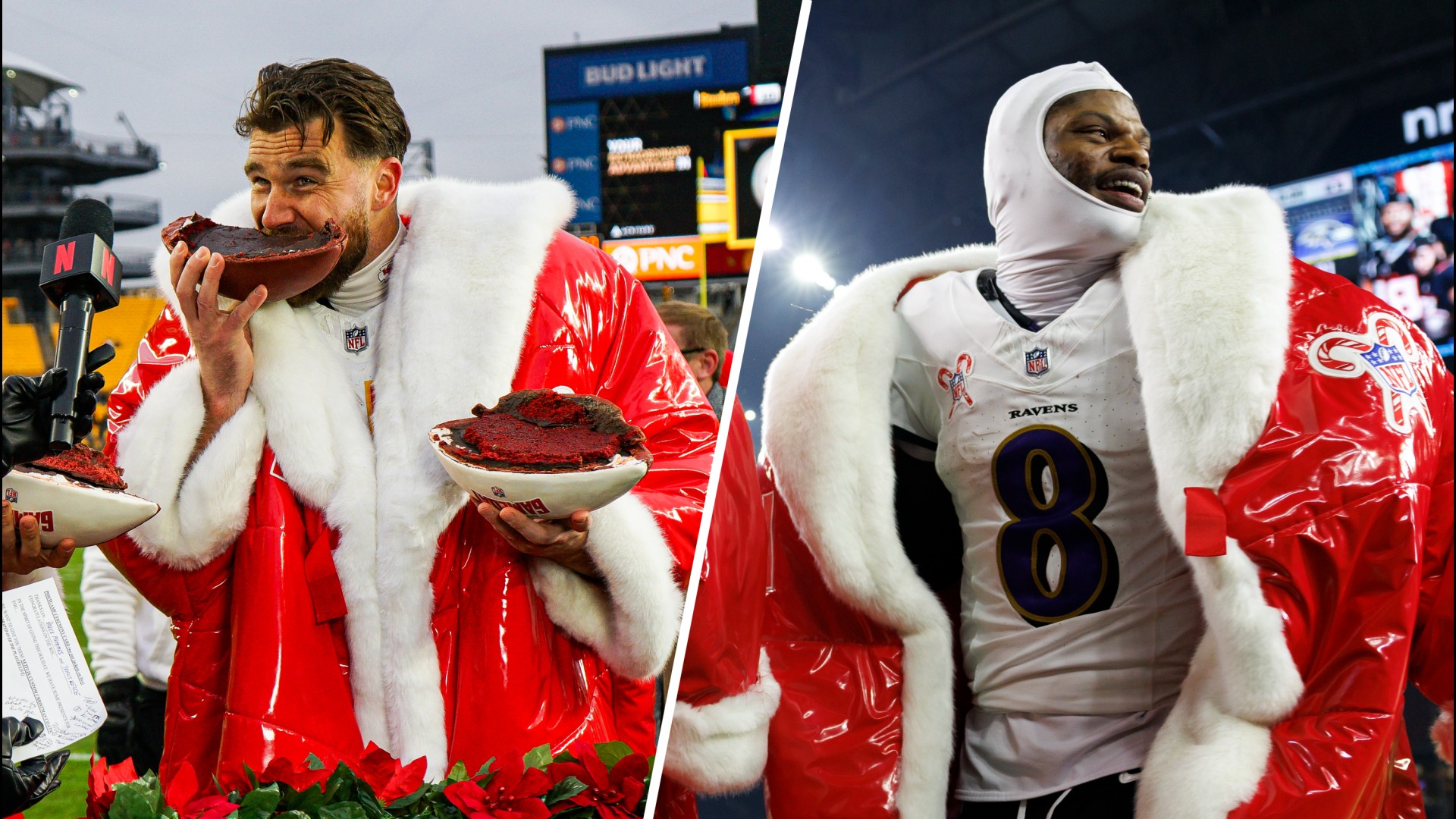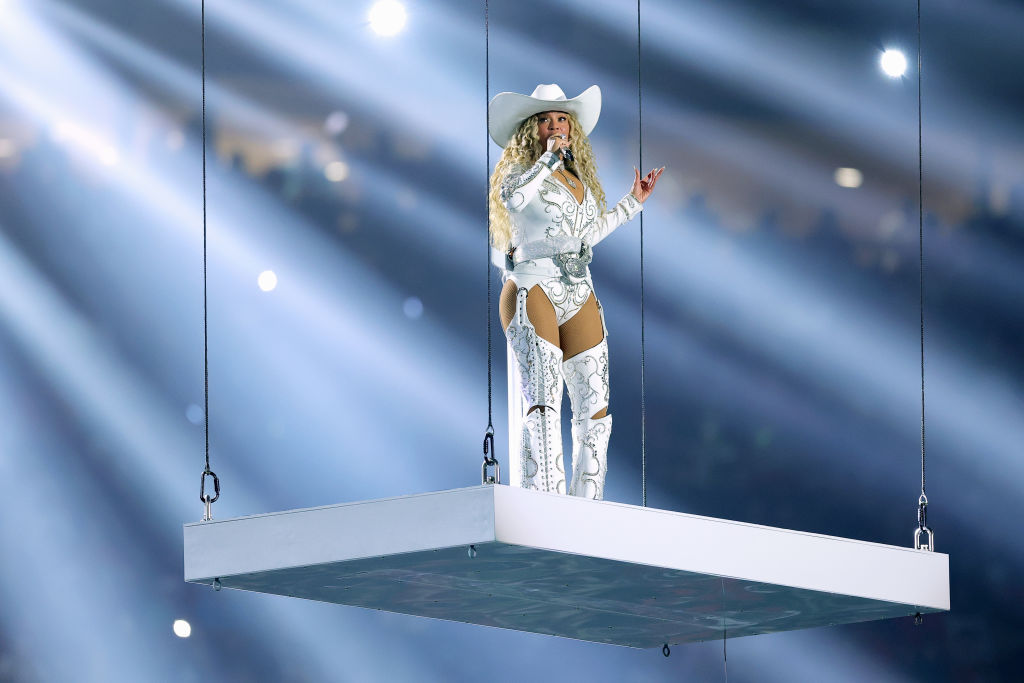
As I'm typing away here, I'm sitting in the press box high above the ice at Verizon Center in Washington, D.C. This is the third year in a row that the Capitals have afforded me the privilege of sitting in the box, a privilege I now share with better than a dozen other bloggers -- both locals and out-of-towners -- who have spent an evening in the box.
Like it or not, this is the way the business is going. The days of ink on paper are rapidly coming to a close, perhaps a lot more quickly than some folks are comfortable with. More often than not, bloggers like me -- and to be brutally honest, far younger -- are the future of the sports writing business. And the folks in the sports PR business need to adjust whether they like it or not.
Which is why all I can do is shake my head when I read about how the Edmonton Oilers ran a blogger out of the Rexall Place last Sunday. For those of you who don't know him, Dave is one of the bloggers behind Covered in Oil, a blog I became enamored with, along with all the other Edmonton Oilers blogs, during their run to the Finals in the immediate aftermath of the lockout. Like a lot of hockey blogs, Covered in Oil is both smart and passionate and commands a very loyal following among Oilers fans. If I were a PR person working in Edmonton, I'd probably be reading it every day to get a better idea of what the team's fans are thinking and talking about.
Unfortunately, I'm not the PR guy in Edmonton. I'm just a PR guy in Washington, DC who blogs about hockey as a hobby. But as a PR professional in the business for almost two decades, I will say this -- anybody in the sports business who doesn't know how to deal with bloggers in the year 2008 just isn't doing their job. In short, the story that Dave tells -- and I'll let him fill you in on the particulars -- shouldn't be happening in this day and age. Sure, maybe you could make this excuse a couple of years ago, but not now. Understanding how to deal with bloggers should be basic blocking and tackling for a PR person, not something you deal with in a huff while hurling threats at a person who's just trying to do their job -- and promote your product at the same time.
Here in Washington, we've been fortunate in that Ted Leonsis, the owner of the Capitals, has been quick to embrace new media and has directed his PR staff to do the same. The result speaks for itself -- despite being what many might call a non-traditional hockey market -- there are now more Capitals blogs around than I can keep track of on my own, providing a wealth of analysis and commentary that this town's two newspapers never could on their own.
Now, if you'll excuse me, I've got a game to cover.
Sports
UPDATE: Here's a list of all the other bloggers who are covering this. Give them all a read:
Neate Sager
Battle of Alberta
Deadspin
Barry Melrose Rocks
The NHL Arena
Battle of California
On Frozen Blog
Sports Snipe
The Pens Blog
Going Five Hole
Can't Stop the Bleeding
Boston Blue Line
Cycle Like the Sedins
The Cult of Hockey
HF Boards
Hot Oil
Oilblobosphere!
ANOTHER UPDATE: Here's more talk on the issue. Please send in more.
SNN Sports
Empty Netters
Wrap Around Curl
Five Hole Fanatics
Strange Deadfellows
The Big Lead
More than two years ago I helped the Capitals develop a policy for working with bloggers at the request of Ted Leonsis. As much as it might be a policy, it was really an attempt to get both sides to understand one another. I think it holds up.
Guidelines for Granting Media Credentials to Bloggers and Other Online Media RepresentativesOur organization, in an effort to better communicate with and inform our fans and sponsors, is committed to working with the emerging class of independent reporters and columnists who reach their audiences via blogs, podcasts, videoblogs and other online media. However, because these communications vehicles are so new, and the practitioners are not connected with established media organizations, some confusion exists as to how professional sports franchises should work with them on a continuing basis.
The following is a list of guidelines that the team will use in order to decide how to issue media credentials to independent online media representatives. Overall, our organization strives to work with individuals who adhere to professional standards, demonstrate transparency in their operations, and regularly produce quality content.
* Individuals may apply for credentials on a game-by-game basis unless otherwise specified. Requests for credentials must be sent by e-mail or in writing to the director of media relations. Credentials must be applied for, and will be issued in, the applicant's full legal name. Please give the team at least three working days to consider an initial application. Once a relationship has been established between the applicant and the organization, this requirement will be waived.
* The organization prefers to work with online media outlets that have an established track record covering our team, our league or professional sports. In the application, please provide a short summary of previous relevant experience, if any. As a general guideline, we would like to work with outlets that have been in continuous operation for at least 3-6 months.
Please note, however, that we do have some flexibility in these areas. For example, while a blog concentrating on a specific time-limited event like the NHL Draft or the Stanley Cup Playoffs couldn't be reasonably expected to meet the above guideline, an exception could easily be justified on the basis of subject matter. In addition, a relatively new outlet that is run by an individual with previous experience elsewhere could also merit an exception.
* All applicants must submit traffic/subscriber data in order to be considered. While the decision to grant access is not based solely on these criteria, we do ask that applicants provide some degree of transparency into their operations in order for the organization to make a timely decision.
* Obtaining media credentials is an opportunity to interview players and team officials for legitimate media purposes. It is not a free ticket to the game. While continued access to the arena is not directly contingent on producing coverage every time, due to space limitations, the team must take it into consideration when granting continued access.
* Bloggers who are granted access to the press box and other areas inside the arena are expected to act professionally and adhere to NHL-mandated media guidelines at all times. Those who do not observe the practices of professional decorum run the risk of being ejected from the arena and barred from future access.
Once an individual has obtained media credentials they have the same privileges as anyone else in the press box, and the same responsibility to act professionally. Access is a privilege, not a right, and the organization reserves the right to revoke this privilege at any time.
* The final decision on all applications for media credentials rests with the director of media relations.
All it takes for this to work is a little communication and just a touch of decorum on both sides. As I said before, this didn't have to happen.



